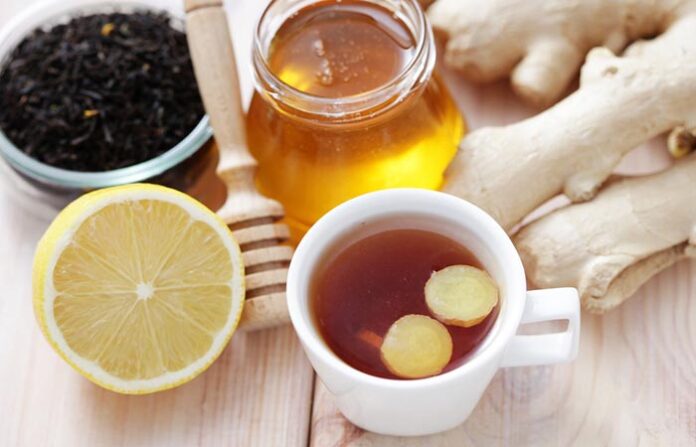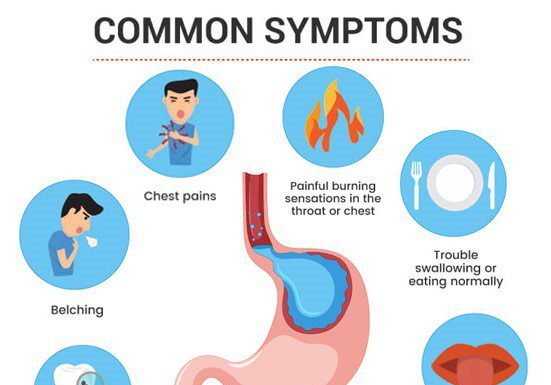Many people love ginger tea, also known as adrak wali chai, for its calming qualities, particularly when they’re suffering from a headache. However, we decided to consult our in-house dermatologists after seeing an Instagram post from dietitian Suman Tibrewala suggesting that consuming ginger in tea or meals can support a healthy scalp.
Because of the many health benefits of ginger, Dr. Rinky Kapoor, consultant dermatologist, dermato-surgeon, and cosmetic dermatologist at The Aesthetic Clinics, stated that drinking ginger tea can indeed improve scalp health in a number of ways. Dr. Kapoor stated, “Research has indicated that ginger, which is derived from the rhizome of the Zingiber officinale plant, may have health benefits, including those that pertain to the scalp.”
Anti-inflammatory qualities
Bioactive substances found in ginger have strong anti-inflammatory properties. Inflammation of the scalp is frequently linked to diseases like psoriasis and dandruff. Regular ginger tea consumption, according to Dr. Kapoor, may help lower inflammation and possibly relieve symptoms related to these scalp problems.
Enhanced blood flow
Due to its vasodilatory properties, ginger helps to dilate blood vessels and enhance blood flow. “Better nutrient and oxygen delivery to hair follicles is ensured by enhanced blood flow to the scalp, promoting overall hair health,” Dr. Kapoor stated.
There is, however, little concrete data connecting the consumption of ginger tea to better scalp health. “For optimal scalp health, it’s essential to maintain a balanced diet and good hygiene practices,” stated Dr. Jatin Mittal, co-founder of Abhivrit Aesthetics New Delhi and a skin expert and cosmetologist.
Advantages of antioxidants
Ginger’s antioxidants, like gingerol, help to scavenge free radicals. The health of hair follicles may be impacted by oxidative stress, which is a condition that free radicals can exacerbate. Ginger tea may promote a healthier scalp environment by reducing oxidative stress, according to Dr. Kapoor.
Management of dandruff
A fungus called Malassezia is frequently the cause of dandruff, which can result in an itchy and flaky scalp. According to Dr. Kapoor, ginger has anti-fungal qualities that might aid in the treatment of dandruff. Using rinses or solutions infused with ginger directly on the scalp can be an extra topical strategy, according to Dr. Kapoor.
Lowering of stress
Hair loss and other scalp and hair problems are associated with long-term stress. “The adaptogenic qualities of ginger may help the body handle stress.” Dr. Kapoor noted that drinking ginger tea may help reduce stress overall and consequently improve scalp health.
Support for nutrients
Certain vitamins and minerals, including zinc, magnesium, and vitamin C, are found in good amounts in ginger. According to Dr. Kapoor, these nutrients are crucial for preserving the general health of the skin and scalp.
How can ginger be used to promote healthy scalp?
You can experiment with other ways to include ginger in your hair care regimen besides just sipping ginger tea. This involves preparing rinses or masks for hair that contain ginger. Furthermore, topical application of ginger extracts or oil may directly benefit the scalp, according to Dr. Kapoor.
Exercise caution
Dr. Kapoor advised people with specific medical conditions or those taking particular medications to speak with a healthcare provider before making major dietary changes, even though ginger is generally thought to be safe to eat.
Along with a healthy diet and appropriate hair care techniques, incorporating ginger tea into your routine can help promote a healthier scalp and potentially alleviate common scalp issues.




























